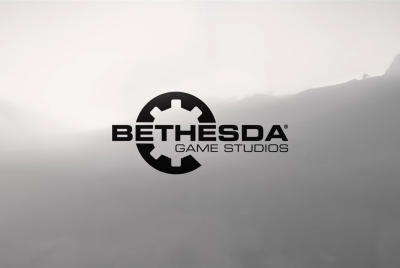Quantum Break review: Remedy's latest is glossy, charmless and not as ambitious as it seems
No matter how bad it ends up, a game that reaches for something new, attempts an original idea or in any way tries to be unique will be described, by critics, consumers and historians, in consolatory terms. 'It was ambitious'; 'It was asking questions'; 'It was before its time'.
Easily, Quantum Break could be one of these games, not beloved by anyone but considered a worthwhile experiment – an attempt to break the mould into which too many big games unresistingly fit. So, it's important to note that Quantum Break is not ambitious or asking questions or before its time.
Its central conceit, whereby the choices made during play affect the outcome of a live action TV show, viewed between missions, is merely a permutation of interactive television; and interactive television, from The Golden Shot through Big Brother to Accidental Lovers has existed for decades. So have choice-based video games, mediocre third-person shooters and lame science-fiction shows. Quantum Break's conceptual leap is to simply take all of these things and package them together.
Quantum Break's story is overwritten and convoluted, whilst its heroes and villains are under-developed. Beth Wilder, played by Courtney Hope, is the game's stand out character but even her motivation, rather than through action or conversation, is explored through hackneyed devices like diaries and graffiti. Great chunks of the plot, in fact, are delivered via writing. Each mission contains a number of "narrative objects" - generally emails - which expound on characters, organisations and other aspects of Quantum Break's distended fictional universe. A full length video game, a multi-part drama series and dozens of written pages are not enough to contain Sam Lake, Tyler Burton Smith and Mikko Rautalahti's script, and arbitrary world-building and sheer quantity of writing, again, do not equal ambition.
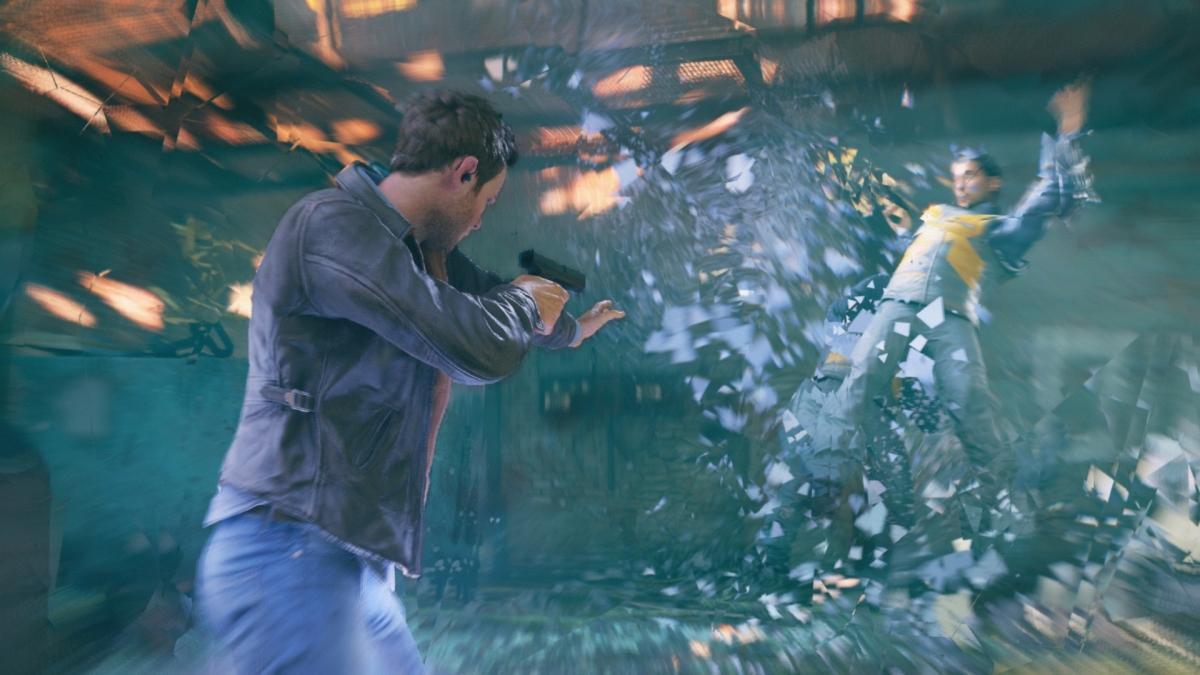

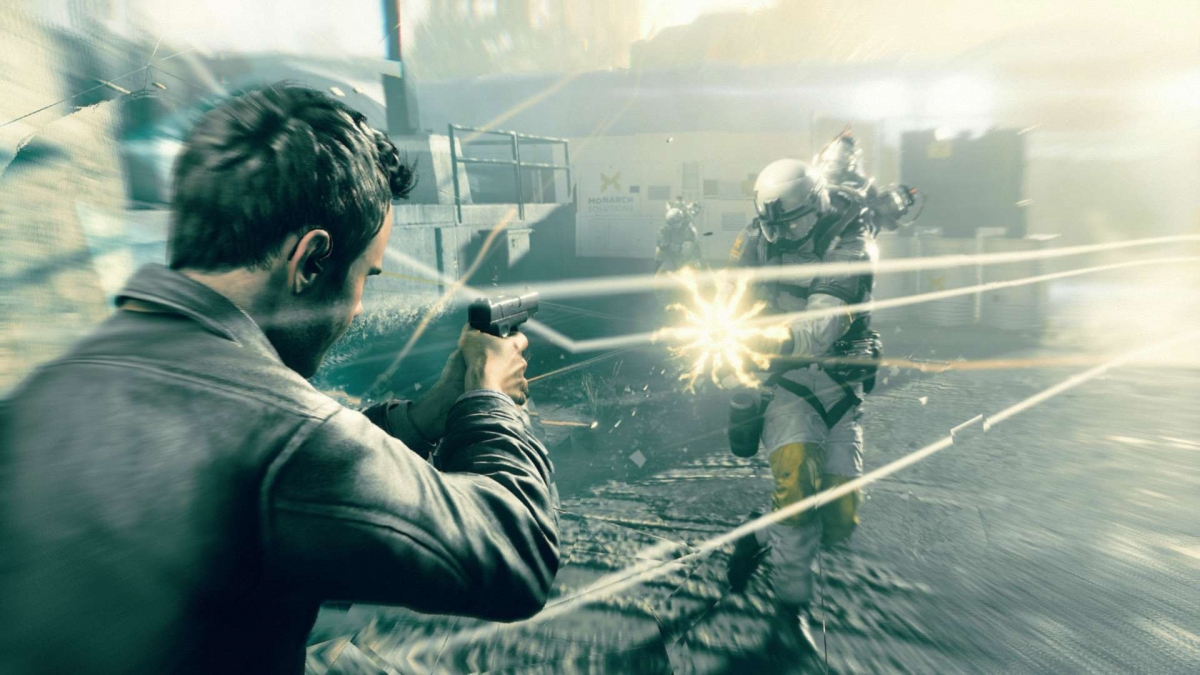

Aidan Gillen, as antagonist Paul Serene, gives a rigid performance. Shawn Ashmore, playing the hero Jack Joyce, is perfectly endearing but has zero chemistry with his on-screen brother Dominic Monaghan – their relationship, ostensibly the emotional crux of Quantum Break, never comes to life. The live-action show, though it focuses squarely on the villains, suffers also from over-plotting. As a secondary but largely more threatening bad guy, Lance Reddick gives a good turn, but Quantum Break: The Series feels, at best, functional.
One can almost imagine its conception. Wishing to make a game that was heavy on plot, but aware that games' interactive nature puts even the greatest writing in a precarious position, Remedy created a television show and simply placed it between the game's levels. Or perhaps the studio was worried that its gaming audience would be uninterested in story and intolerant of any kind of downtime, and so moved Quantum Break's exposition over into a live-action, sci-fi drama. Often, that's how it feels. The episodes are still, essentially, cutscenes – without the context of the game they make no sense, and vice-versa. Only, since they appear as television, they are somehow more palatable. Dropping all pretence of games in order to more fully develop a games' story – and that is a very cheap trick.
As for the game itself, it plays a lot like Uncharted, albeit with an added conceit whereby Jack can manipulate time. Freezing enemies in place, dashing around them at light speed and slowing time down to a crawl are just some of your abilities, but largely the gunfights feel cluttered and graceless. Enemies spawn from all around. There are no clear "ends" to either defend or attack. And in the later levels, when your opponents become special ops soldiers, equipped with a gadget that enables them to move through time even when it's stopped, the fights start to look ridiculous. You have to dash in circles, empty a few magazines, take loads of damage and then dash again. Compared to Superhot, another time manipulation-based shooter, the gunfights in which often border upon balletic, Quantum Break feels messy.
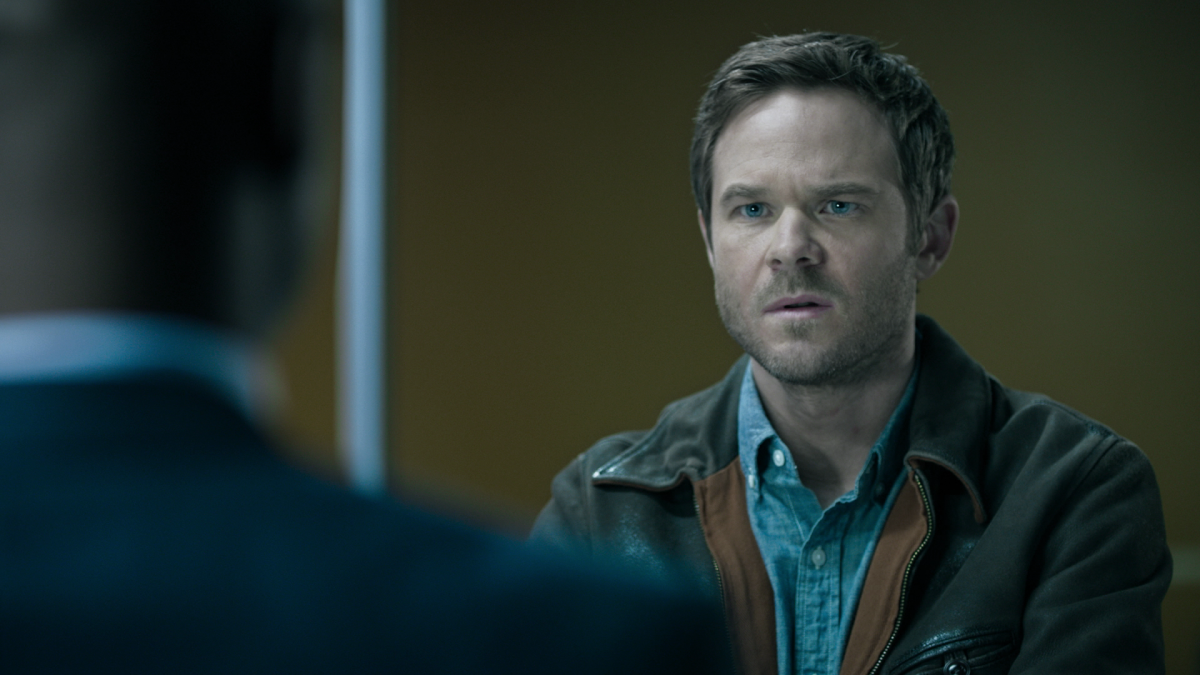

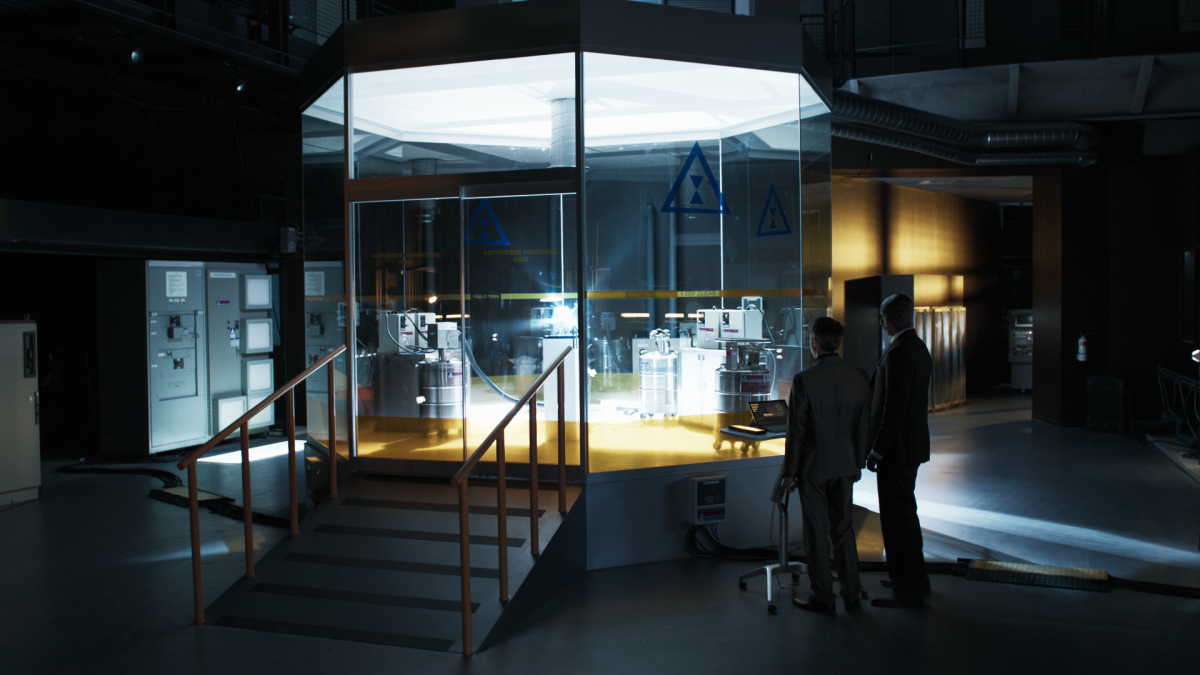

Visually it's grey, metal and cold. This goes double for the live-action show, where green screen and back projection are compensating for set design and budget. Warehouses, car parks, secret labs – these are the environments you explore in Quantum Break, and they're all well-lit and polished, like the backgrounds in some pretentious phone advert.
Occasionally things liven up – a section atop a collapsing bridge provides a touch of visual flair – but mostly, Quantum Break is charmless and distant. And that's unusual for Remedy. Its two Max Payne games, and Alan Wake, are filled with humour and brio. You get a real sense of what this developer is about and what it enjoys. Quantum Break, right down to the tactless product placement of Windows Phones, is a much more corporate affair. There are certainly enjoyable moments, but its key ambition seems to be occupying the middle of the road, the place to best avoid contention. And that's no ambition at all.
What may seem like an ambitious project is in the fact the combination of a standard third-person shooter and the kind of cheap sci-fi drama you might find in the darkest corners of Sky TV. Visually tepid and filled with abortive gunfights and platforming, Quantum Break also struggles to contain its plot, while at the same time underselling its characters. Remedy's previous games have been characterised by a distinctive tone and knowing humour. By comparison Quantum Break is a glossy, charmless, wholly moderate outing.
For all the latest video game news follow us on Twitter @IBTGamesUK.
--
© Copyright IBTimes 2025. All rights reserved.








